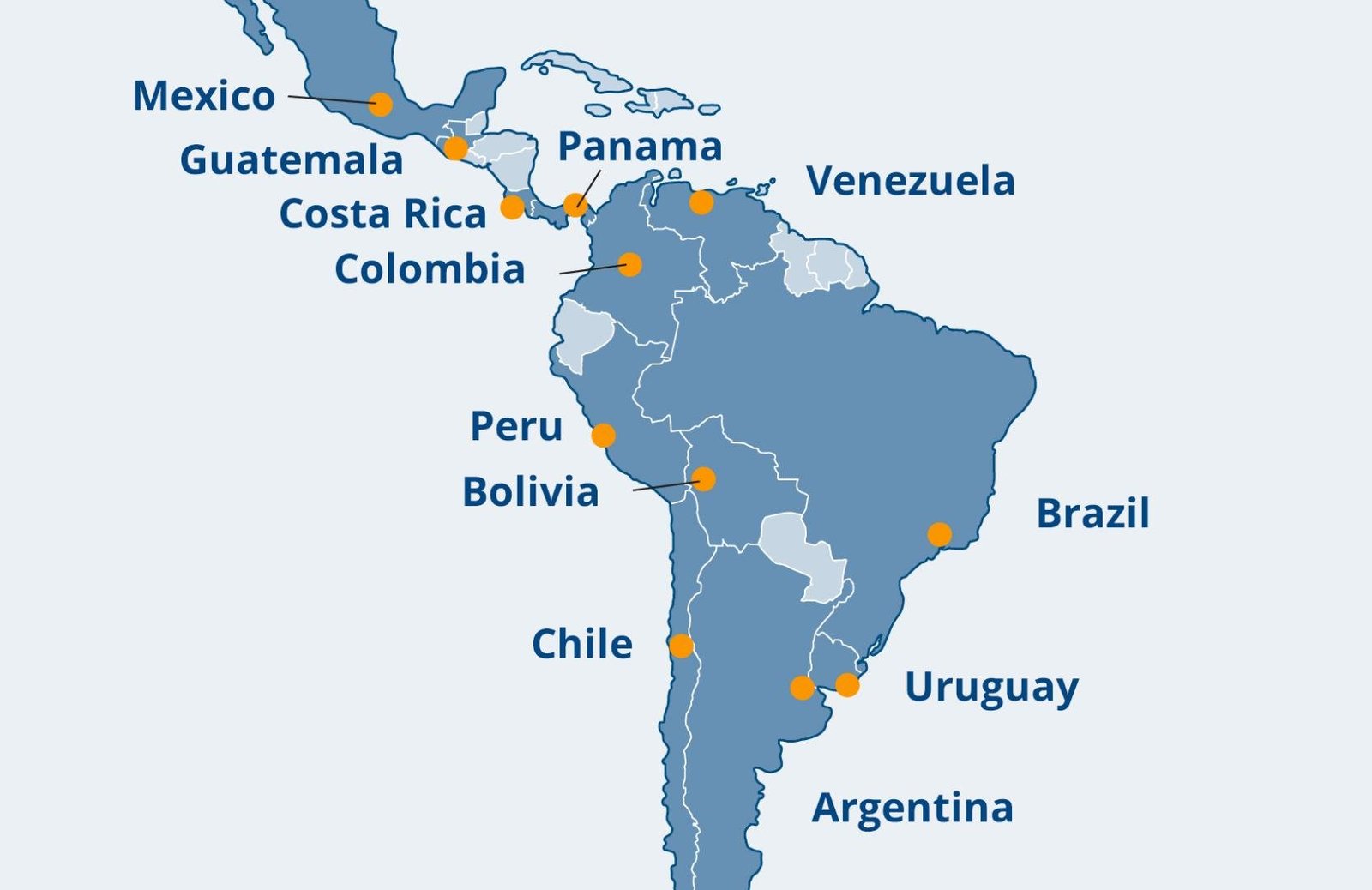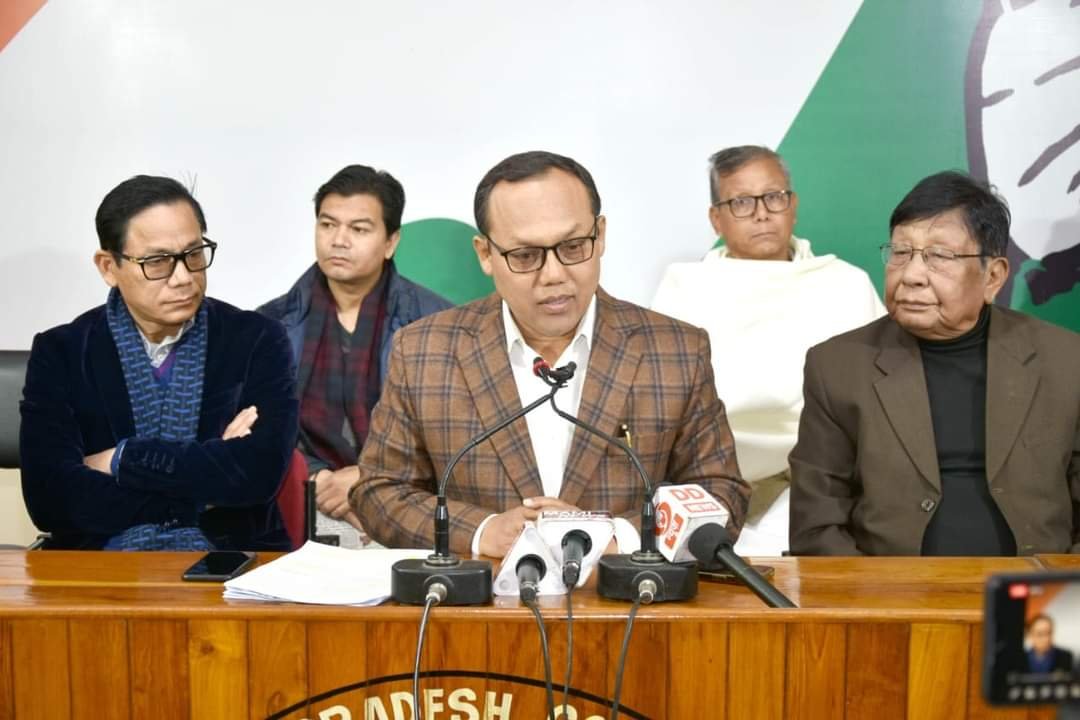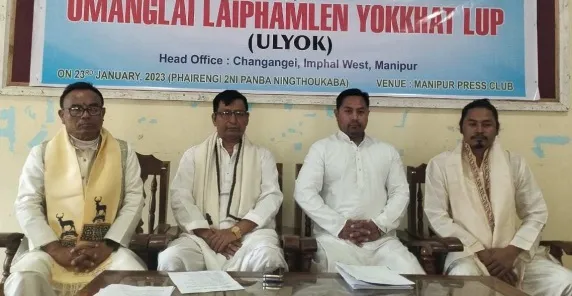Moreno is a trending topic in Latin American politics, as it refers to a new wave of progressive politicians gaining traction in the region. These politicians often referred to as “Morenos”, are generally young and come from diverse backgrounds. They are committed to fighting for social justice, promoting economic equality, and protecting the environment.
Who are Moreno politicians?
Moreno politicians are those who identify with the Moreno political movement, which is based on the struggle of the Mexican people of African descent. This movement is focused on the recognition of the rights of Afro-Mexicans, who are an often-marginalized community in Mexico.
Moreno politicians are dedicated to promoting and defending the rights of this community and advocating for their representation in the political process. They believe in the need for an inclusive and pluralistic society where all individuals are respected and accorded their full rights. Moreno politicians strive to ensure that Afro-Mexicans are not discriminated against and that they are given the opportunity to participate fully in society. They also work to build bridges between different communities and to promote understanding and tolerance.
Role of Moreno in Latin American politics
In addition to their progressive political agenda, Moreno politicians also advocate for greater citizen engagement in the political process. They believe that citizens should be more actively involved in the political process by voting, engaging in dialogue with their representatives, and engaging in civil society activities.
Moreno politicians have been particularly successful in Latin American countries such as Argentina and Mexico. In Argentina, Moreno-backed President Alberto Fernandez has enacted a number of progressive reforms, such as the decriminalization of abortion and the decriminalization of drug possession. In Mexico, President Andres Manuel Lopez Obrador has implemented progressive policies such as the decriminalization of marijuana and the establishment of a minimum wage.
Moreno politicians have also succeeded in other countries such as Bolivia, Chile, and Ecuador. In Bolivia, President Luis Arce has implemented progressive policies such as the decriminalization of abortion and the recognition of indigenous rights. In Chile, President Sebastian Pinera has implemented reforms such as the legalization of same-sex marriage. In Ecuador, President Lenin Moreno has implemented progressive policies such as the decriminalization of abortion and the recognition of indigenous rights.
Moreno politicians have been instrumental in promoting progressive reforms in Latin American politics. As their popularity continues to grow, it is likely that the region will continue to see an increase in progressive policies in the years to come.

Moreno politicians in Mexico have played a key role in the country’s democratic transition. They have been a driving force behind the country’s efforts to strengthen its democratic institutions, improve its economic performance, and promote social justice and inclusion. Moreno politicians have been at the forefront of the fight for greater transparency, accountability, and anti-corruption measures in the country, as well as in the fight against human rights abuses.
They have been the driving force behind the passage of numerous progressive laws, such as the Law of Access to Information, the National Law for the Protection of Human Rights, and the Law of Access to Justice, as well as in formulating the country’s new Constitution.
Moreno politicians have also played a key role in the passage of landmark legislation, such as the National Anti-Corruption Plan, the National Anti-Corruption Strategy, and the National Transparency Law. In addition, they have been instrumental in the passage of the National Development Plan, which seeks to promote sustainable development and reduce poverty and inequality.
Future of Moreno in Latin American politics
Moreno politicians have an essential role to play in the future of Latin American politics and elsewhere. As the largest ethnic group in Latin America, Morenos represent an important voting bloc that politicians must pay attention to in order to remain competitive. Furthermore, Morenos are increasingly playing a larger role in politics. In recent years, Moreno politicians have been elected to high-level positions in many countries, including Mexico, Brazil, Colombia, and Peru.
In the future, Moreno politicians will have even more influence over the political landscape. They have the potential to become essential actors in the fight for social reform and greater economic equality. Moreno politicians are also likely to play an essential role in the debate over immigration and human rights. As the population of Morenos continues to grow in Latin America, their political power will become increasingly significant.
In addition, Moreno politicians are likely to benefit from the increasing use of technology in Latin American politics. New technologies such as social media, artificial intelligence, and big data can be used to reach and mobilize Moreno voters. This will enable Moreno politicians to better engage with their constituents and promote their policy agendas.
Overall, Moreno politicians will have an increasingly important role to play in the future of Latin American politics. They have the potential to become powerful agents of change and drive the region toward greater economic and social equity.

Manglemba Naorem excels in delivering comprehensive and insightful coverage on a wide array of topics, from World News and Current Affairs to NBA and Soccer. His passion for keeping readers informed is reflected in his in-depth analysis and timely updates on global events and sports. Manglemba’s commitment to online media ensures that his readers are always at the forefront of knowledge.
1 thought on “Future of Moreno in Latin American politics”
Comments are closed.


[…] connections and drive her political campaign forward. This bold move could potentially redefine the future of political […]